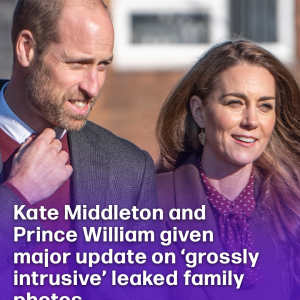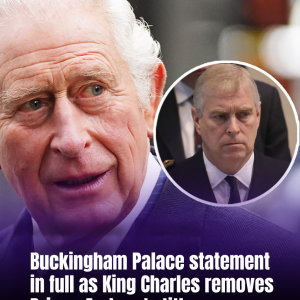Have you ever wondered if you might share ancestry with someone like Prince William?
With the rise of online heritage platforms, tracing one’s family history has become easier than ever. These websites not only help people reconnect with long-lost relatives but also allow users to build extensive family trees and uncover surprising ancestral ties.
How to Check If You’re Related to Royalty
The genealogy platform MyHeritage recently shared a fascinating way to discover whether your lineage connects to royalty. According to their research, there are 35 surnames that could indicate a royal link. Some are obvious, while others may surprise you.

Surnames Linked to Royal Blood
Windsor
The most recognizable royal surname, belonging to Britain’s royal family for over a century.
Tudor
Bearing the name “Tudor” could mean royal heritage — this line produced monarchs like Henry VIII and Elizabeth I.
Stuart
The Stuarts reigned over the UK from 1603 to 1714.
Plantagenet
Ruling England for more than 300 years (1154–1485), the Plantagenets were one of the most powerful dynasties in history.
Capet
The House of Capet ruled France between 987 and 1328, making it one of Europe’s oldest and largest dynasties.
Bourbon
A European royal house tied mainly to France and Spain, descending from the Capetian line.
Habsburg
Once among the most influential dynasties, the Habsburgs ruled vast territories across Europe until 1918.
Hanover
The House of Hanover ruled Great Britain and Ireland from 1714 to 1901.
Valois
A branch of the Capetian family that ruled France from 1328 to 1589.
Lancaster
This English royal house gave rise to three kings: Henry IV, Henry V, and Henry VI.
York
The rival to Lancaster during the Wars of the Roses, producing monarchs such as Edward IV, Edward V, and Richard III.
Bruce
A Scottish noble family of Norman French descent, the Bruces ruled in the 14th century.
de Valois
Another branch of the Capetian dynasty that produced several French monarchs.
de Medici
The famous Italian family that ruled Florence and Tuscany from 1434 to 1737.
Savoy
The House of Savoy governed Italy from 1861 until 1946.
Orange-Nassau
The Dutch royal family, with roots tracing back to 1544.
Oldenburg
A German dynasty that has reigned in several European nations, including Denmark and Iceland.
Glucksburg
Currently ruling in Denmark and Norway.
Romanov
The last imperial dynasty of Russia.
Baskerville
An ancient name with ties to Emperor Charlemagne and King Hugh Capet of France.

Darcy
A surname long linked to nobility and wealthy landowners.
Neville
A powerful medieval English noble family with deep political influence.
Percy
An aristocratic English name tied to historical nobility.
Astley
Another English aristocratic surname, associated with baronets and barons.
Capell
A noble English family with aristocratic roots dating back to the 15th century.
Howard
Founded by John Howard, made Duke of Norfolk by King Richard III in 1483.
Seymour
The family name of Jane Seymour, the third wife of Henry VIII.
Grey
Linked to several prominent English families through the centuries.
FitzAlan
A powerful medieval family descending from William Fitz Alan, Lord of Oswestry.
Courtenay
A name connected to both English and French royalty.
Manners
A British surname with strong aristocratic ties, belonging to the Dukes of Rutland.
Russell
Originating in Normandy, the name Russell is associated with the Dukes of Bedford and English nobility.
Cavendish
The surname of the Dukes and Duchesses of Devonshire.
Talbot
An ancient Norman name — the family held the Earldoms of Shrewsbury and Waterford for centuries.
Spencer
The surname of Princess Diana, linking directly to the modern British royal family.
The Takeaway
While having one of these surnames doesn’t guarantee a royal connection, it’s certainly a good starting point for anyone curious about their ancestral ties. You never know — your family tree might hold more royal history than you think.



